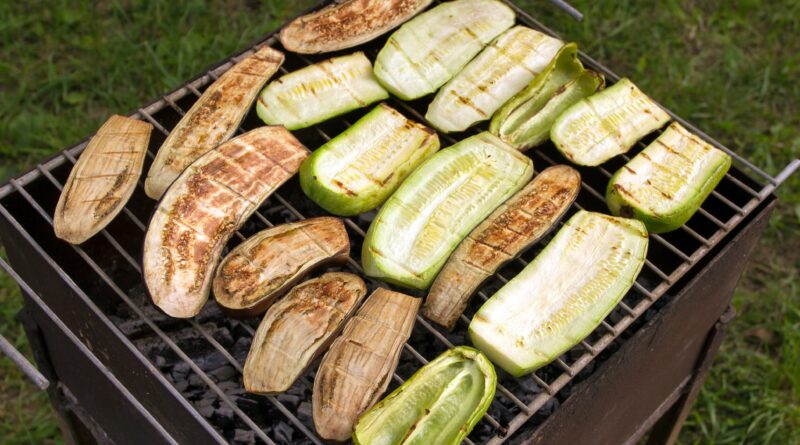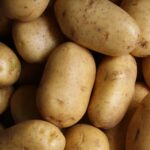Akinasu wa Yome ni Kuwasuna (秋茄子は嫁に食わすな – Don’t Let Daughter-in-Law Eat Autumn Eggplants)
Akinasu wa Yome ni Kuwasuna
秋茄子は嫁に食わすな
Yesterday, I introduced the etymology of “nasu” (茄子 – eggplant).
昨日は「茄子(ナス)」の語源について紹介しました。
Today I’d like to talk about a Japanese proverb that uses the word, “Aaki-nasu wa yome ni kuwasuna” (秋茄子は嫁に食わすな).
今日は、「茄子」を使った日本のことわざ「秋茄子は嫁に食わすな」を紹介します。
The literal meaning of it is “Don’t let daughter-in-law eat autumn eggplants,” but there are several interpretations about this.
文字通りの意味は “Don’t let daughter-in-law eat autumn eggplants” ですが、さまざまな解釈があります。
Commonly, this proverb is often used to mean that autumn eggplants are very delicious, so it should not let hateful daughter-in-law eat them.
一般的には、「美味しい秋茄子を憎たらしい(息子の)嫁に食べさせるのはもったいない」という嫁いびりの意味で使われることが多いです。
In addition, it’s sometimes used to mean that daughter-in-law/wife blessed with a baby shouldn’t eat eggplants too much because they chill the body, or since autumn eggplants have few seeds, it may become difficult to make a baby (this is a kind of superstition).
その他には、「茄子は体を冷やすから出産を控えた嫁が食べ過ぎないように」や、「秋茄子は種が少ないので子どもができにくくなる」などという解釈があります。




